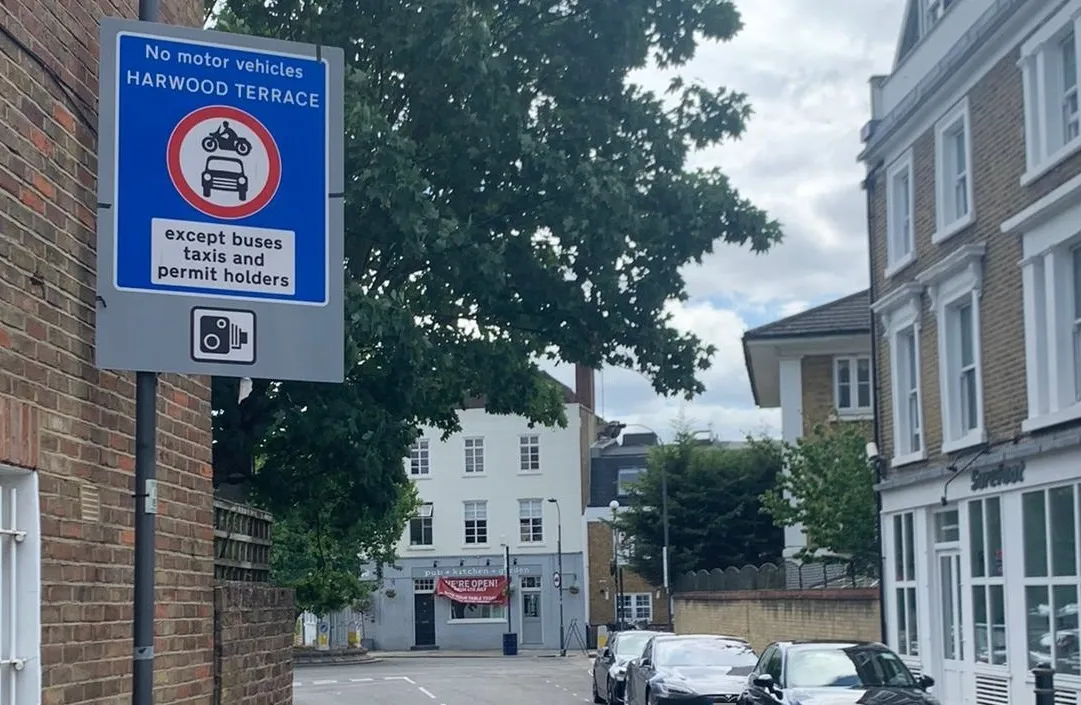Local authorities in the UK are set to get the power to fine motorists for moving traffic offences. Control over the issuing of fines is set to move from the police, to local councils, should the proposals be approved next year.
Currently, London boroughs are able to fine motorists for similar offences, while councils outside of London can only fine motorists over parking violations or for driving in bus lanes. However under the new plans, councils across the country will gain the power to issue fines fo
December 21, 2016
Read time: 2 mins
Local authorities in the UK are set to get the power to fine motorists for moving traffic offences. Control over the issuing of fines is set to move from the police, to local councils, should the proposals be approved next year.
Currently, London boroughs are able to fine motorists for similar offences, while councils outside of London can only fine motorists over parking violations or for driving in bus lanes. However under the new plans, councils across the country will gain the power to issue fines for moving traffic offences.
According to the Daily Mail, the fines could provide councils with a significant rise in income, with a single yellow box junction camera in Fulham pocketing £12million over seven years, for example. A box junction in Hackney is the second biggest earner, raising £1.2million in fines in the last 18 months, while the Berkeley Street junction in Piccadilly saw £816,000 worth of PCNs issued in the same period.
AA president Edmund King told The Sun: “The real problem is that once local authorities get the powers and start pulling the cash, they get addicted. They get dependent on the cash and even when flaws in their traffic management are revealed they have no desire to change it as the cash will dry up.”
Amanda Stretton, motoring editor at comparison website confused.com said, “If councils are permitted to use cameras to fine people for box junction offences, they should concentrate on investing the money raised into improving congestion flow and management, ultimately saving motorists money.”
Currently, London boroughs are able to fine motorists for similar offences, while councils outside of London can only fine motorists over parking violations or for driving in bus lanes. However under the new plans, councils across the country will gain the power to issue fines for moving traffic offences.
According to the Daily Mail, the fines could provide councils with a significant rise in income, with a single yellow box junction camera in Fulham pocketing £12million over seven years, for example. A box junction in Hackney is the second biggest earner, raising £1.2million in fines in the last 18 months, while the Berkeley Street junction in Piccadilly saw £816,000 worth of PCNs issued in the same period.
AA president Edmund King told The Sun: “The real problem is that once local authorities get the powers and start pulling the cash, they get addicted. They get dependent on the cash and even when flaws in their traffic management are revealed they have no desire to change it as the cash will dry up.”
Amanda Stretton, motoring editor at comparison website confused.com said, “If councils are permitted to use cameras to fine people for box junction offences, they should concentrate on investing the money raised into improving congestion flow and management, ultimately saving motorists money.”








